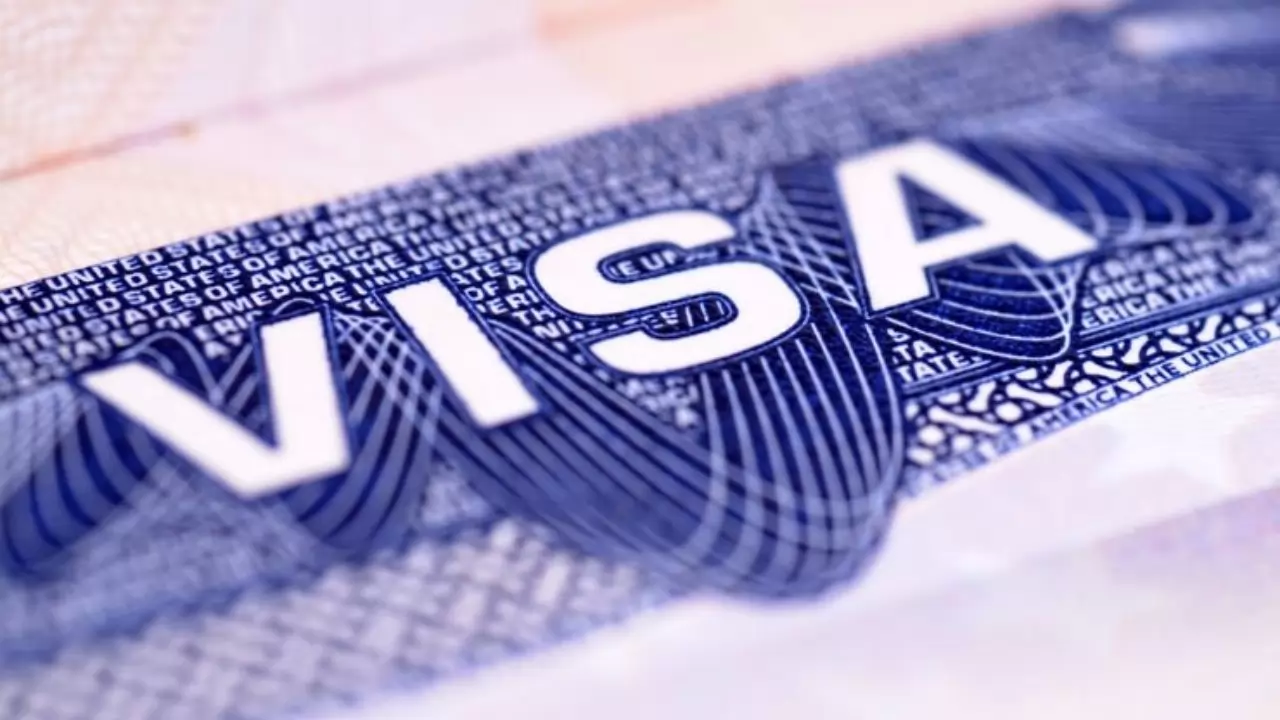
This is a representative image. (Freepik)
New Delhi: Recent layoffs in the US tech sector have significantly affected workers of Indian origin, particularly those holding H-1B visas. These job losses, combined with new visa regulations, have created a challenging environment for international students and skilled workers in the country.
Once deemed resistant to economic downturns, the tech industry is currently facing a crisis. Approximately 438 tech companies have let go of about 137,500 employees, according to Layoffs.fyi. This wave of layoffs has led to a reduced number of job opportunities in the tech market.
For Indian workers on H-1B visas, the stakes are high. These individuals are given a limited timeframe to find new employment before they must leave the country. Reports from the U.S. Congressional Research Service indicate that Indian workers often wait an astonishing 190 years for green cards, even after fulfilling all labor requirements. This backlog has intensified an already precarious situation.
The US Department of State's October 2024 visa bulletin provided an update on the availability of immigrant visa numbers for the fiscal year 2025. This bulletin is designed to keep applicants informed about which visa categories are available and the status of their applications. It has affected various visa categories, including the EB-5 investor visa program.
The EB-5 visa allows individuals to obtain visas by investing in specific projects, particularly in rural areas or regions with high unemployment. While this visa is available to applicants worldwide, those from mainland China and India often experience significant delays. However, there are indications that processing times may be improving. Additionally, the fees for H-1B visas have seen a dramatic increase, rising from $10 to $215 per beneficiary—an increase of 2,150%. The application fee for paper filings has also jumped from $460 to $780, marking a 70% increase.
The new visa changes also affect green card applicants. The filing fee for an I-30 petition has increased to $675 for paper submissions and $625 for online applications. Furthermore, a new Asylum Fee program has been introduced, which imposes a $600 fee on certain petitions. International students are also facing new requirements, as additional scrutiny has been implemented for F, M, and J visa applicants. They must now provide accurate passport information when scheduling appointments.
Despite these challenges, there are some positive changes. The maximum validity for Employment Authorization Documents (EAD) has been extended to five years for eligible individuals, easing the process for work permit extensions. International students can still benefit from practical training opportunities, including Optional Practical Training (OPT) and Curricular Practical Training (CPT).
The 24-month STEM OPT extension remains in place, and some employer requirements have been relaxed. These changes aim to simplify application processes, enhance security, and manage costs. However, they may also increase financial burdens on applicants and alter the composition of the U.S. tech workforce.





Copyright © 2026 Top Indian News
